
Seasonal weather conditions characterize North Carolina’s climate, and these conditions can significantly impact home maintenance. Homeowners must adapt their upkeep practices to keep their properties in top condition throughout hot, humid summers, chilly winters, and everything in between. Understanding climatic patterns and how weather impacts home maintenance in North Carolina can help you stay ahead of potential issues and reduce repair costs.
The Effects of Humidity and Heat
Summers in North Carolina are hot and muggy, with average temperatures often soaring into the 90s. This combination of heat and humidity can be tough on homes.
Moisture from humidity can seep into wooden structures, accelerating rot and termite damage. It also creates a favorable environment for mold and mildew growth, especially in poorly ventilated areas like crawl spaces and attics.
Maintain Your Home During Humid Summers
Proper ventilation reduces moisture buildup. Check attic fans, roof vents, and crawl space vents to ensure they’re functioning well. Additionally, inspect wooden decks, siding, and outdoor furniture for signs of rot or warping, and seal or stain wood for extra protection.
To combat mold and mildew, inspect bathrooms, basements, and other damp areas. Use dehumidifiers where needed to keep humidity levels in check. Also, note that high humidity can take a toll on HVAC systems. Clean air filters regularly, and consider professional seasonal servicing to maintain efficiency.
The Impact of Heavy Rainfall
North Carolina experiences frequent rainstorms, especially during the peak summer months and hurricane season. Excess moisture poses a variety of risks to home structures.
Poor drainage can lead to water pooling around the foundation, potentially causing cracks and leaks. Roofs and gutters take the brunt of downpours, often leaving homeowners with leaks or blocked drainage systems.
Steps To Protect Your Home From Rainfall
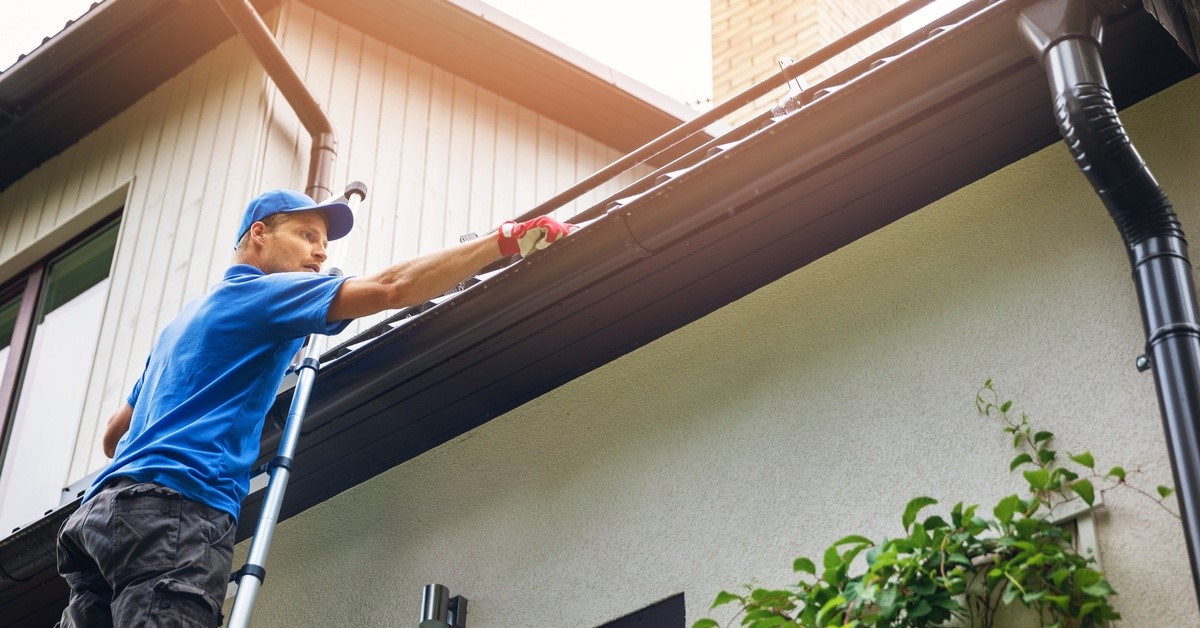
Be sure to clean gutters and downspouts regularly to keep water flowing freely. Install leaf guards to reduce debris buildup. Additionally, examine your roof for damaged or missing shingles. Repair them promptly, and keep flashings and seals intact to prevent leaks.
For foundation care, ensure your yard has proper grading to direct water away from your home. If water pooling persists, consider installing a French drain or sump pump. Furthermore, make sure seals around windows and doors are intact to prevent leaks.
If your home needs new gutters to replace moisture-damaged ones, leave the installation to local experts. At Reece Builders, we keep the climate in mind when providing home remodeling services in Winston-Salem and other parts of North Carolina.
Our durable replacement gutters prevent water drainage problems and are easy to maintain. Similarly, we install roofs crafted with premium materials that can withstand all weather conditions.
Hurricanes and Tropical Storms
North Carolina’s coastal location makes it vulnerable to hurricanes and tropical storms during late summer and early fall. These severe weather events can bring high winds, torrential rains, and flooding, all of which can cause extensive damage to homes. Preparing your property for hurricane season is essential for minimizing damage.
Prepare for Hurricane Season
Install hurricane straps or clips to secure your roof, and trim trees near the house to reduce the risk of falling branches. Additional safety measures include checking that shutters, doors, and windows are storm ready and installing storm shutters for added protection.
If your area is prone to flooding, consider elevating critical systems such as HVAC units and water heaters. Use flood barriers for added security during storms. To boost your emergency readiness, inspect your generator, if you have one, and test it before hurricane season begins.
Winter Cold Snaps
Winters in North Carolina can bring freezing temperatures, which may not seem severe compared to northern states but can still impact homes. Freezing weather can cause pipes to burst, lead to increased energy costs, and damage outdoor structures.
Winter Maintenance Tips
Prevent frozen pipes by insulating exposed pipes and dripping faucets. Keep a small trickle of water running to prevent freezing during especially cold nights.
Schedule a maintenance check for your furnace or heat pump before the first cold snap, and clean or replace filters as needed. Furthermore, verify that your attic and walls have adequate insulation to maintain energy efficiency and reduce heating costs.
Provide protection for outdoor features by storing garden hoses indoors and shutting off outdoor faucets to reduce the risk of freezing. Additionally, cover or move patio furniture to shield it from harsh winter weather.
Spring’s Pollen and Storms
Spring is a transitional season in North Carolina, bringing warmer temperatures along with heavy pollen and occasional storms. While it’s a time for renewal, it also adds a host of maintenance tasks for your home.
Keep Your Home in Shape During Spring
Pollen buildup on roofs, siding, and outdoor furniture can lead to discoloration or stains if not cleaned. Address this by using a pressure washer to clean external surfaces.
Remove debris from heavy spring rainfall or storms, and inspect the roof, siding, and foundation for any new damage. In your yard, trim shrubs and trees near the house to allow for better airflow and reduce storm damage risks, and reseed lawns impacted by severe winter conditions. Take maintenance a step further by testing your air conditioning system to ensure it’s operating efficiently before the summer heat arrives.
Address Seasonal Pests
How else does the weather impact home maintenance in North Carolina? A variety of pests pose threats year-round, such as termites, mosquitoes, ants, and rodents. In some cases, these pests can cause significant damage to your home, but with seasonal maintenance, you can control pest activity and prevent infestations.
Pest Control Solutions
Inspect your home for cracks or gaps where pests may enter. Caulk gaps around windows and doors, and check for foundation issues. Also, clear gutters, birdbaths, and other sources of standing water to minimize mosquito breeding grounds in the summer.
In the warmer months, keep vegetation in check by trimming trees and bushes to prevent pests from using branches as bridges to your home. Beyond these measures, schedule professional inspections, as they enable you to detect and treat problems before they escalate.
Seasonal Maintenance Planning
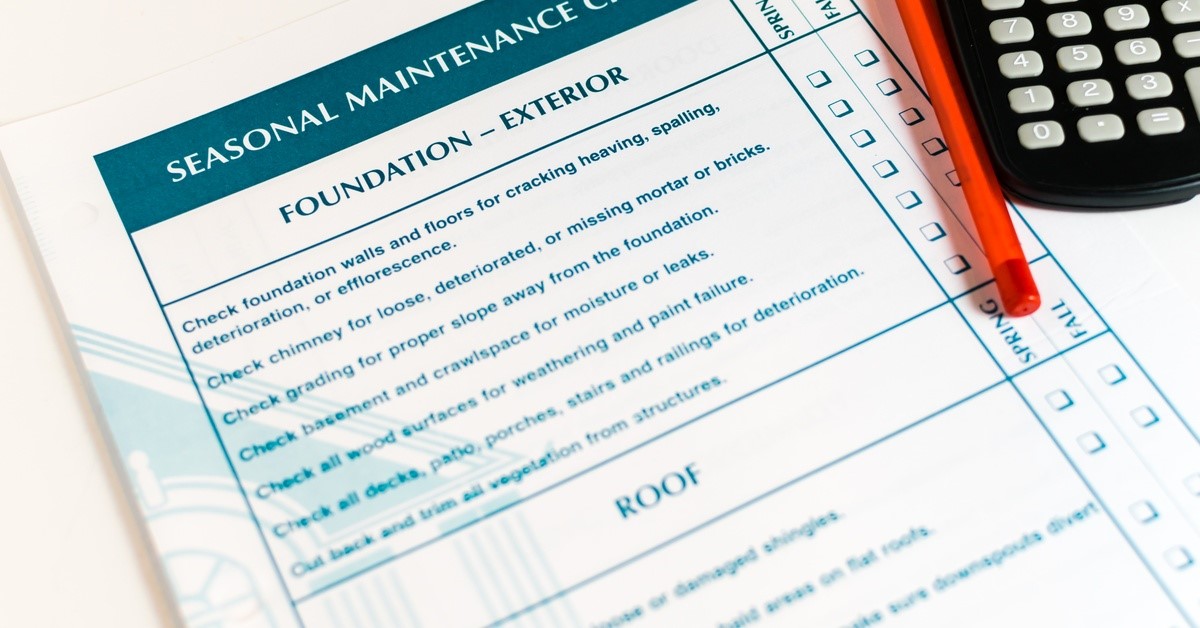
Tailoring your maintenance schedule to North Carolina’s varied weather conditions is key to getting ahead of seasonal headaches. Break tasks down by season, and focus on the most vulnerable areas of your home.
A thoughtful approach can reduce unexpected repair costs and extend the lifespan of your home. Consider including these tasks on your checklist:
- Spring: Perform roof inspections, deep-clean windows, and prepare garden irrigation systems.
- Summer: Treat and seal exterior wood, maintain HVAC systems, and monitor crawl spaces for excess humidity.
- Fall: Clean gutters, inspect insulation, and prepare your home for hurricane season’s tail end.
- Winter: Insulate pipes, test heating systems, and store outdoor furniture safely.
The weather in North Carolina brings beauty and challenges. Each season has its own patterns and demands, requiring homeowners to stay vigilant. Paying close attention to seasonal maintenance can reduce potential issues and keep your home comfortable and safe throughout the year.
By addressing the effects of humidity, rainfall, storms, freezing temperatures, and seasonal pests, you’ll be better equipped to protect one of your most significant investments. A proactive approach prevents damage and preserves the aesthetics and functionality of your home for years to come.
Subscribe to Reece Builders's Blog


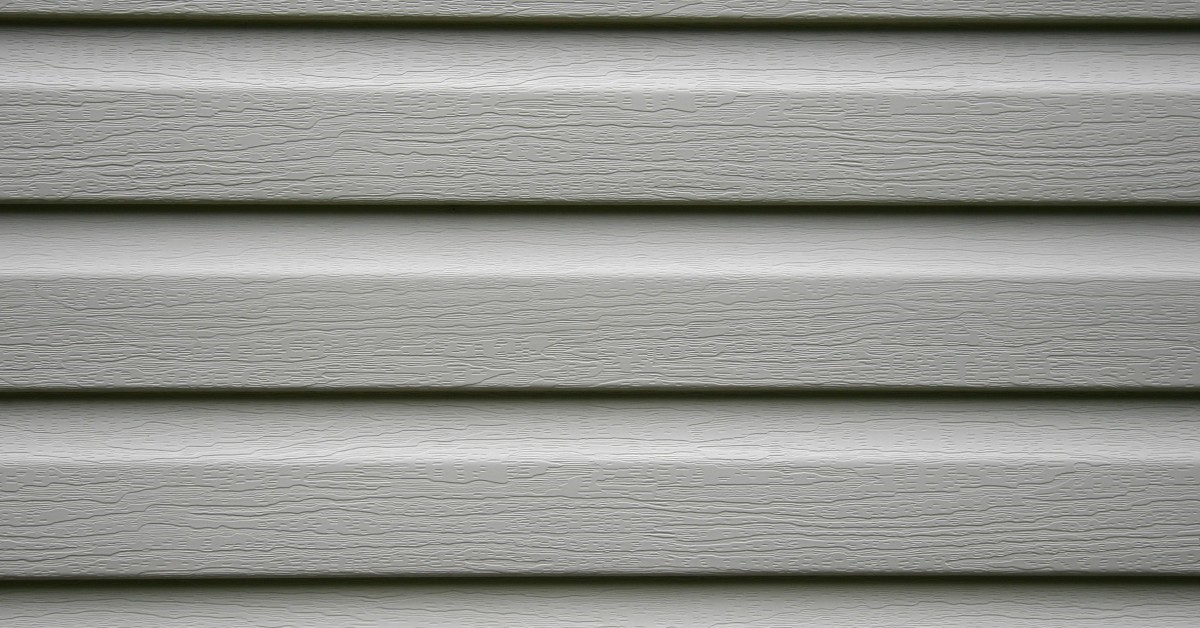
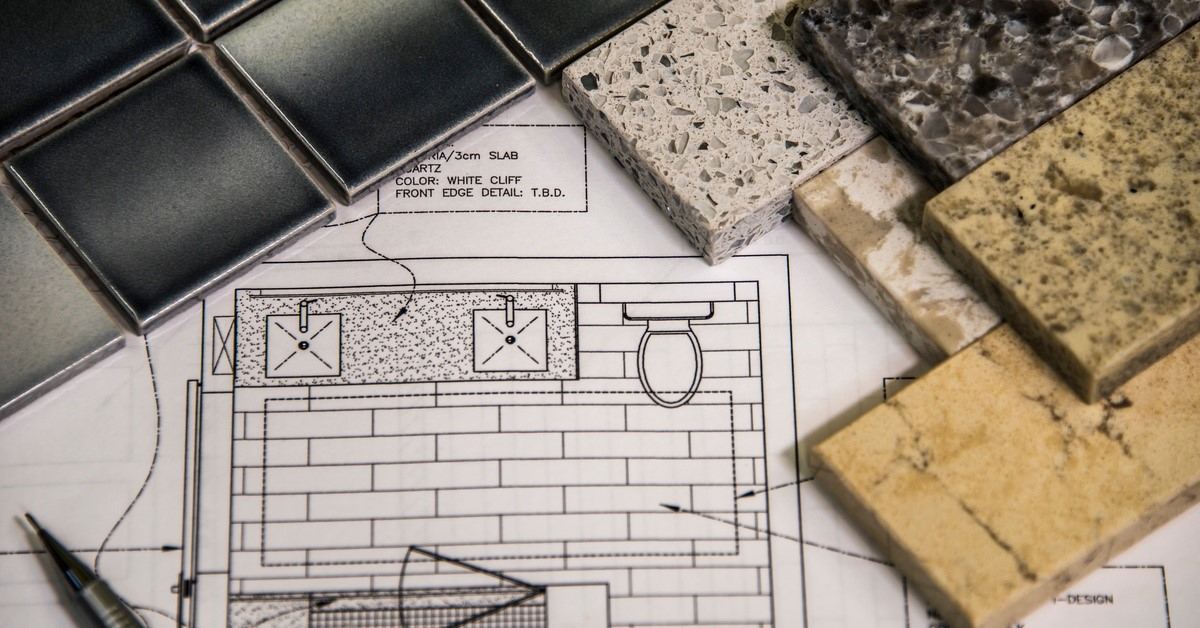

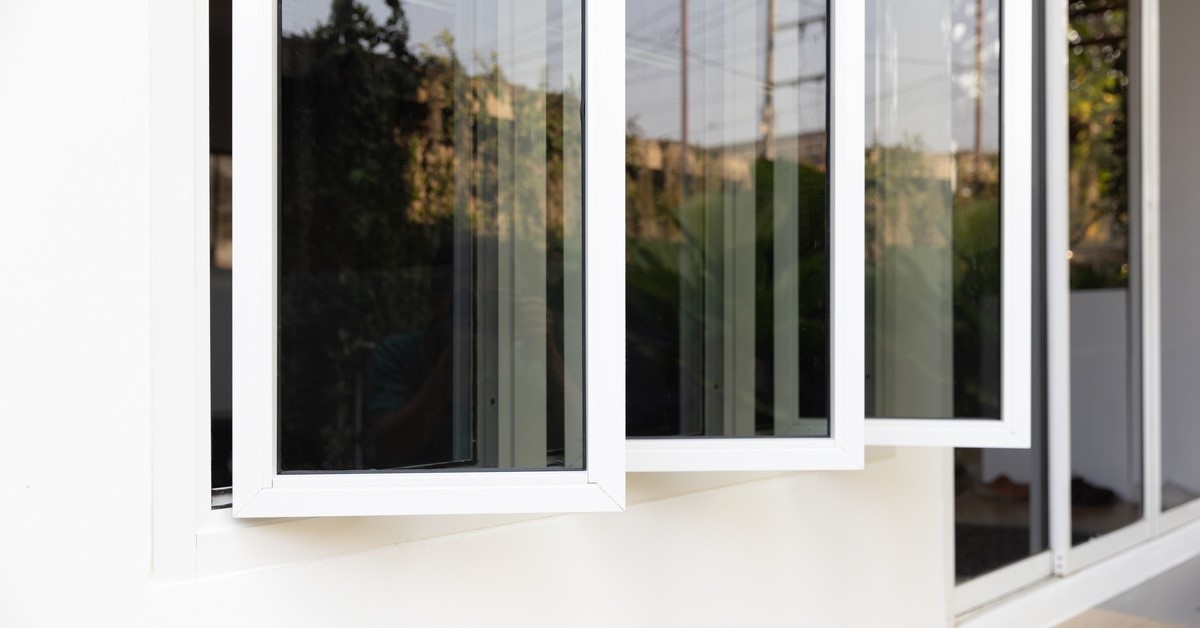
Comments